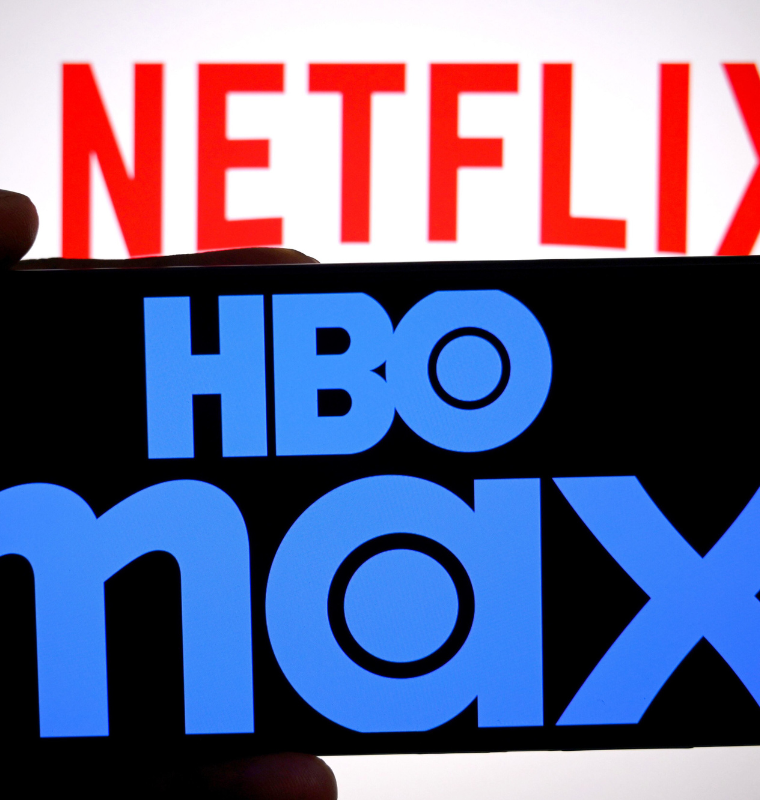Alphabet Surpasses $100 Billion in Quarterly Revenue for the First Time as Cloud and AI Demand Soar
Alphabet Surpasses $100 Billion in Quarterly Revenue for the First Time as Cloud and AI Demand Soar
By
Junia Wells
Last updated:
October 30, 2025
First Published:
November 30, 2025

Photo: Tech in Asia
Alphabet Crosses the $100 Billion Milestone
Alphabet, the parent company of Google, has officially entered the elite club of tech giants generating over $100 billion in quarterly revenue, reporting $102.35 billion for the third quarter of 2025 — a clear beat over analyst expectations of $99.89 billion, according to LSEG data.
The results mark a new era of growth for the company as it continues to double down on artificial intelligence and cloud computing. Shares jumped 5% in after-hours trading, reflecting investor confidence in Alphabet’s expanding technological footprint.
Earnings per share came in at $3.10 adjusted, well above the $2.33 consensus estimate. Net income rose to $34.97 billion, up from $26.3 billion a year earlier, despite a $3.45 billion antitrust fine from European regulators that hit its advertising division in September.
The Cloud and AI Engine Driving Alphabet’s Growth
Alphabet’s Google Cloud business continues to be its fastest-growing segment, generating $15.15 billion in revenue — a 35% increase year-over-year and ahead of expectations. CEO Sundar Pichai revealed that the division now has a $155 billion customer backlog, fueled largely by enterprise demand for AI infrastructure and custom chips.
“We’ve signed more billion-dollar deals in 2025 than in the previous two years combined,” Pichai said, referencing major contracts such as Google’s $10 billion, six-year deal with Meta to power its cloud operations.
Over 70% of Google Cloud clients now use its AI products, demonstrating how the company is successfully integrating generative AI into its enterprise offerings. Alphabet’s flagship AI platform, Gemini, has also surged to 650 million monthly active users, up from 450 million just one quarter ago.
By comparison, OpenAI’s ChatGPT recently surpassed 800 million weekly users, underscoring the heated race for AI dominance among the world’s largest tech firms.
Expanding Infrastructure and Capital Spending
Alphabet is significantly increasing its capital expenditures, now projected between $91 billion and $93 billion for fiscal 2025 — up from its earlier estimate of $85 billion. The company plans further growth into 2026, signaling continued investment in data centers, AI chips, and other technical infrastructure.
Chief Financial Officer Anat Ashkenazi said, “We expect a substantial increase in capital spending next year as we expand AI capacity to meet growing customer demand.”
The investment surge follows years of steady expansion, with Alphabet previously raising its CapEx forecast from $75 billion to $85 billion earlier in 2025.
Advertising and YouTube Continue to Shine
Google’s core advertising business remains a reliable revenue pillar, pulling in $74.18 billion, a 13% increase from the $65.85 billion reported a year ago. Within this, YouTube ads brought in $10.26 billion, surpassing Wall Street’s estimate of $10.01 billion.
Search remains Alphabet’s largest cash generator, bringing in $56.56 billion, up 15% year-over-year, as the company continues to integrate AI-driven search tools to enhance user engagement and advertiser performance.
Other Bets Struggle to Find Traction
Alphabet’s experimental ventures under its “Other Bets” division — including life sciences arm Verily and self-driving subsidiary Waymo — reported $344 million in revenue, down from $388 million a year ago. The unit posted a $1.42 billion loss, widening from $1.12 billion previously.
While these moonshot projects remain a small fraction of Alphabet’s portfolio, analysts suggest they provide long-term strategic value as the company explores emerging industries beyond advertising and cloud services.
Market Outlook
Alphabet’s stock has risen 45% year-to-date, outperforming most major tech peers and reflecting growing investor enthusiasm around its AI and cloud ecosystem. The company’s combination of record profits, aggressive infrastructure investment, and expanding AI adoption positions it strongly against competitors like Microsoft, Amazon, and Meta.
As the global race for AI leadership intensifies, Alphabet’s strategy is clear — scale fast, innovate deeply, and transform cloud and search into intelligent ecosystems that power the next generation of digital services.
Popular articles
Subscribe to unlock premium content
Gilded Holidays in Fashion

How HBO Max Used the Power of Limited Series to Redefine Streaming Competition and Challenge Netflix’s Binge Culture

How Stranger Things Revolutionized Netflix and Redefined Streaming Entertainment

Gilded Holidays in Fashion

How HBO Max Used the Power of Limited Series to Redefine Streaming Competition and Challenge Netflix’s Binge Culture

Gilded Holidays in Fashion









